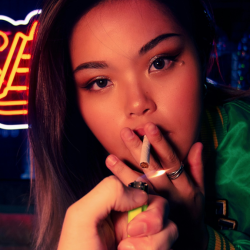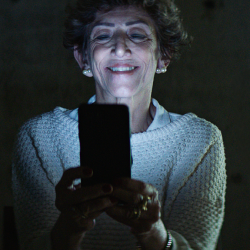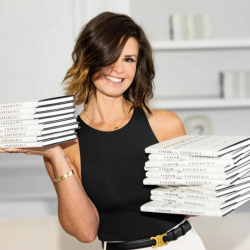Over the past few weeks I’ve had women from all over the world either hurl insults or send me support for my LinkedIn post on Roe v. Wade. Thankfully, I received more of the latter, but the reaction to my post got me thinking about self-expression and free speech. My post pointed out the hypocrisy that certain women of privilege are now trying to band with women from marginalised communities, ones they’ve traditionally ostracised. I don’t think that’s a controversial thing to say. We only have to look through history (or do some basic research) to see that it’s there in plain sight.
Of course, Roe v. Wade is something that will affect many people, in so many different ways — but what really frustrates me is that certain women are only finding their voice to speak out against injustice, because it affects them.
You’d think such a ruling would bring women together, but we’re still somehow divided
Yes, I know some might say I’m part of the problem — I’m pointing out that middle-class, cis-gendered, heterosexual and able-bodied white women have usually been the ones propping up the patriarchy. It was comical at the time, though — I had women in my DMs demanding that I answer them, and asking for an audience with me. Now to some people this may be flattering, but to me it just proved the point I was making about who has privilege and who does not.
I absolutely believe in freedom of speech and free self-expression because, let’s face it, doing the kind of work that I do, I’d hate to be silenced. But what I don’t appreciate is when you think you have the right to demand my time, or the right to send me hate messages and not be held accountable.
Where I think free speech becomes dangerous is when it’s filled with falsehoods and ideologies that keep marginalised communities invisible
When I was in New York a few weeks ago I spoke to someone and we got talking about politics. I said (to him) that it seems things were a smidge better when Trump-The-Tangerine-Tantrum was in power, and it seems that all “sleepy Joe” has been doing since January is exactly that — sleeping. He didn’t like it when I insulted Trump, but laughed when I insulted Joe.
He then thought that the UK Home Secretary Priti Patel’s plan to send refugees (who happen to be black and brown) to Rwanda but seemingly welcome white Ukrainians, was the right thing to do. When I asked why he only had compassion for people who looked like him and he said it was because Ukrainians were fleeing war.
To which I said, “well what do you think Syrians, Afghans, Somalians, and Palestinians are doing?’ He cut me off with, “I have a right to say what I want. It’s called free speech”.
This is jarring
Yes, he does have the right to free speech, but then with someone so far down the rabbit hole of prejudice, what do you do? How can you argue with that without exhausting yourself? I really do want to believe that the things that divide us can bring us together, but they are dividing us for a reason? Should we try and seek a middle ground?
At some point you either have to concede the argument or stand in your truth. I’m not just talking about politics, religion, war, race and other challenging topics, but when certain points of view are embedded into our ideologies and ways of thinking, is it even possible to change? How do we debate those that have tunnel vision?
I’m usually an optimist, but I can honestly say, bringing people together is a lot easier said than done.
Featured image: Ra Dragon / Unsplash






























